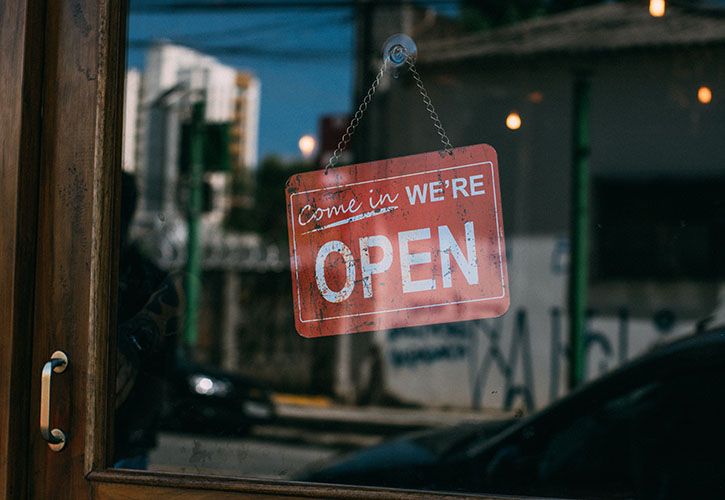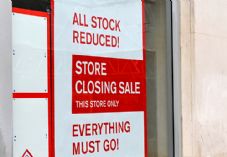UK DIY News
Cautious Retailers Open Just 52% Of Non-Essential Units

First-look covid impact analysis completed by retail location data firm Local Data Company reveals that just over half of retail units eligible to be open were trading at the time of survey (May 23rd – 1st July).
The Local Data Company field research team surveyed over 111,000 retail units across 164 towns and cities across GB to understand how many shops that were ordered to close by the government in March had reopened to consumers. Category analysis in this research focused on subcategories that had at least a sample size of 50 units or more that had been visited in the survey period to avoid sample bias.
Key stats from the research:
- Of the 20,351 units surveyed and eligible to reopen, 52% had reopened at the time of survey.
- Only 64% of leisure units (food & beverage and entertainment venues) had reopened due to the restrictions on restaurants for dine in guests.
- Food and beverage takeaway categories were some of the least impacted, as they leant on their delivery capabilities for revenue. Local favourites like fish & chip shops (93% reopen), indian food (93%) and pizza takeaway units (91%) were able to reopen successfully.
- Less than half of all chain coffee shops surveyed (42%) had reopened, with these units severely impacted by the lockdown, working from home and change in consumer behaviour. Independent coffee shops did not fare much better at just 50% reopened.
- Only 40% of travel agents had reopened due to international travel restrictions and reduced demand due to concerns about international travel.
- 74% of comparison goods units (physical goods such as clothes, shoes and homeware) had reopened, with car dealerships (95%) and estate agents (88%) among those with the most stores reopened.
- The East Midlands had the lowest reopening rate across England at just 43%.
- Greater London was not far ahead with 44% of units reopen, the result of a lack of office workers, tourists and the hospitality sector remaining closed to 4th July.
Commentary from Lucy Stainton, Head of Retail and Strategic Partnerships at the Local Data Company:
“Based on this initial Local Data Company research, an increase in empty shops across many high streets is likely as businesses struggle to weather the pandemic. Despite having the opportunity to trade, many businesses have chosen not to as yet, especially in London where footfall is taking much longer to return and opening stores becomes economically unviable.
In the short to medium term vacancy rates will increase; taking a more optimistic stance this could also pave the way for a new wave of entrepreneurs who can take advantage of more affordable rental values and a more captive residential population in alternative locations, as the trend towards increased home working continues.
Only time will tell how many of these temporary closures will become permanent as many retailers take a careful, phased approach to reopening. A mixture of low footfall, strict guidelines around social distancing and facemasks being mandatory in shops from later on this month creates the most challenging environment in recent history for our retailers.”
Source : LDC
Thank you for the excellent presentation that you gave at Woodbury Park on Thursday morning. It was very interesting and thought-provoking for our Retail members. The feedback has been excellent.











































